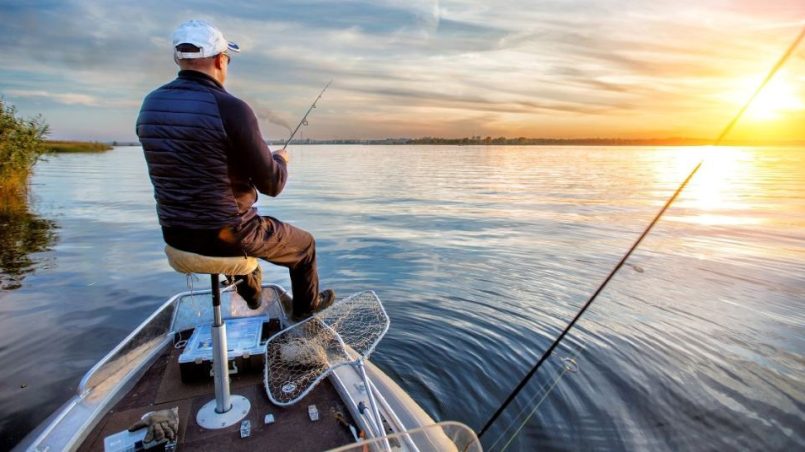Key Takeaways:
- Gain insights into the essential gear necessary for a successful sportfishing trip.
- Learn the fundamentals of selecting the right location and timing.
- Understand what types of fish you can expect to catch.
- Explore the environmental and ethical considerations of sportfishing.
Embarking on your first sportfishing trip is an adventure brimming with anticipation and excitement. Perhaps you’ve started planning, considering destinations like fishing trips Fairbanks AK for that perfect encounter with nature. Understanding what awaits you can enhance your experience and prepare you for a thrilling and fulfilling journey.
Essential Gear for Sportfishing
Your sportfishing trip’s success largely hinges on having the right gear. Essential equipment includes a suitable fishing rod and reel, tailored to the type of fish you plan to catch. Quality fishing lines and a well-stocked tackle box filled with varied baits, lures, and hooks are indispensable. Do not forget to bring sun protection and adequate apparel to stay comfortable throughout the day. Additionally, a reliable cooler can help preserve your catch.
Choosing the Right Location and Timing
When planning your trip, location and timing are crucial elements to consider. Research the best sportfishing spots, considering local fish populations and seasonal patterns. For instance, National Geographic highlights that understanding the behavior and habitats of potential catches can lead to more fruitful excursions. Consulting with local guides or seasoned fishers can also provide insights into ideal fishing conditions, ensuring that your trip coincides with peak fish activity.
Types of Fish to Expect
The array of fish you might encounter on a sportfishing trip varies by location and time of year. Some popular targets include tuna, marlin, swordfish, and salmon, each offering unique challenges and excitement. According to the World Wildlife Fund, understanding the local marine biodiversity can enhance your fishing experience and enable more ethical fishing practices.
Safety and Ethical Considerations
Safety and ethical practices are paramount during sportfishing trips. Always adhere to local fishing regulations to conserve ecosystems and ensure sustainability. Using barbless hooks, practicing catch and release when necessary, and ensuring that you’re skilled in fish handling and first aid can significantly enhance the ethical aspect of fishing. Safety gear, including life jackets and navigation tools, cannot be overlooked, as they are pivotal in preventing accidents.
Beginner Tips for Success
For newcomers to sport fishing, starting slow and enjoying the learning process is key. Engaging with experienced guides can bridge knowledge gaps and instill effective techniques. Patience is your best ally, as fishing often requires waiting and adapting to nature’s rhythms. By honing your observation skills and respecting the marine environment, your sportfishing journey will be an adventure and an enriching experience.



